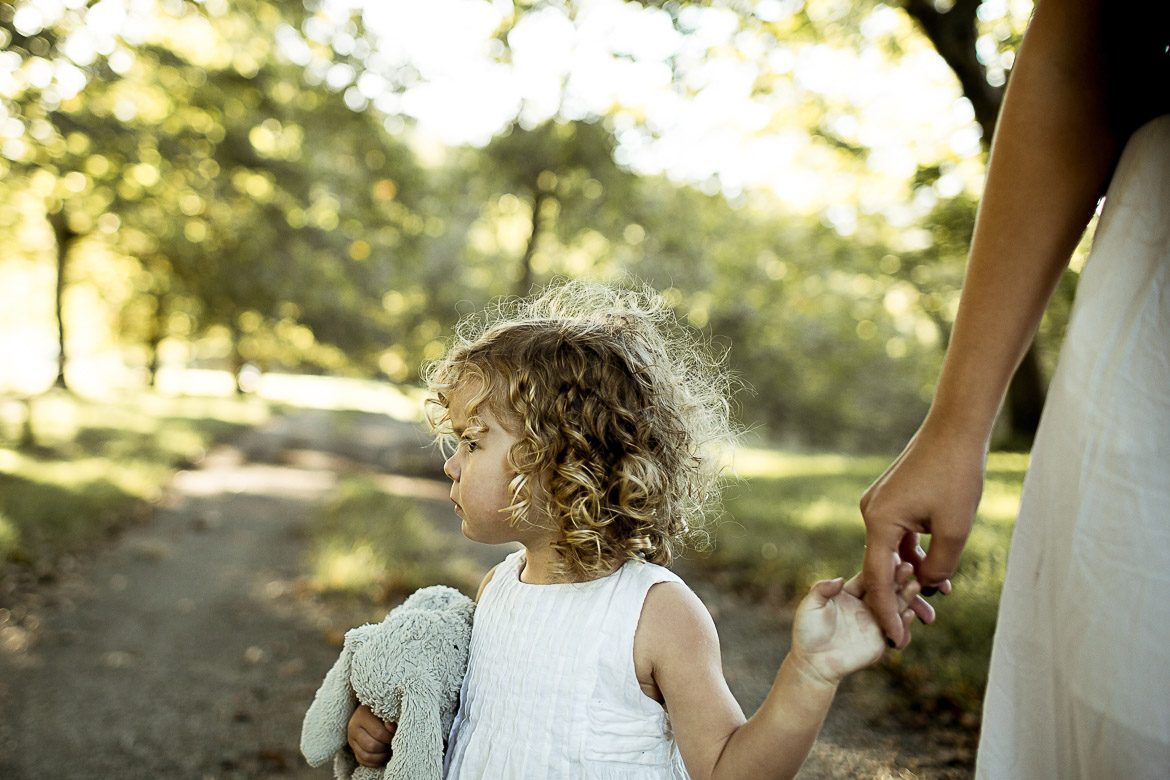By Kelly Eden
I wish I’d known when I had my babies that I was a Highly Sensitive Person (HSP) and that they might be too. I look back now on a number of times when I was baffled by my first child’s behaviour. She was a premature baby, but the ONLY one crying all the time in the NICU unit. During those early baby months I often found myself shielding her eyes to avoid her getting overstimulated. No-one else in my mother’s group needed to do that with their baby. And as a toddler she was social and happy but she would become overwhelmed easily, start crying and just not be able to calm herself down. I can see now that those moments were actually a sign of her highly sensitive nature.
Highly sensitive kids are amazing. In our society sensitivity can be seen as a problem or disadvantage. When you have a baby or young child that gets overstimulated, has trouble sleeping and finds it hard to self soothe it definitely seems like a problem. But there are many incredible things about being highly sensitive.
HSPs are empathetic to others and animals, very tuned in to emotions, think deeply and see details others miss. Highly sensitive kids are curious, full of wonder, kind and reflective. They surprise you with their ideas and the little amazing things that they notice in the world around them!
Highly sensitive kids are curious, full of wonder, kind and reflective. They surprise you with their ideas and the little amazing things that they notice in the world around them!
What makes someone a Highly Sensitive Person?
15-20% of the population are highly sensitive. It’s also a trait that both introverts and extroverts can have. Often people think HSPs are shy or timid, but that’s not an accurate idea of high sensitivity. HSPs can be shy and quiet, but they can also be confident, talkative or excitable (See my article about Extroverted Highly Sensitive Kids). High sensitivity looks different in different people but, according to Dr Elaine Aron and her research into high sensitivity, there are four areas (D.O.E.S) that all HSPs share:
- Depth of Processing – HSPs think deeply about things. They reflect on ideas or on what they have seen or done. They often spend a lot of time thinking before they act or take a long time over decisions.
- Overstimulation – HSPs, especially children, get overstimulated more easily than others of the same age because of all the deep processing and detail noticing that they are doing. All young children and babies of course get overstimulated – the world is so new! So the key element here is that they are MORE easily overwhelmed by stimulation than others their age.
- Empathy/Emotional Responsiveness – Feelings are the language of Highly Sensitive People. They view the world through an emotional lens. HSPs are extremely aware of their own and others emotions and can even “feel” or take on the emotions of others.
- Sensitivity to Subtleties – HSPs tend to notice things or make connections that others fail to see.
HSPs have all four of these aspects. Some other traits or conditions such as Giftedness, Autism, Sensory Processing Disorder, Anxiety and ADHD can overlap or have similarities to high sensitivity. Also, people can be both highly sensitive and have ADHD, for example.











